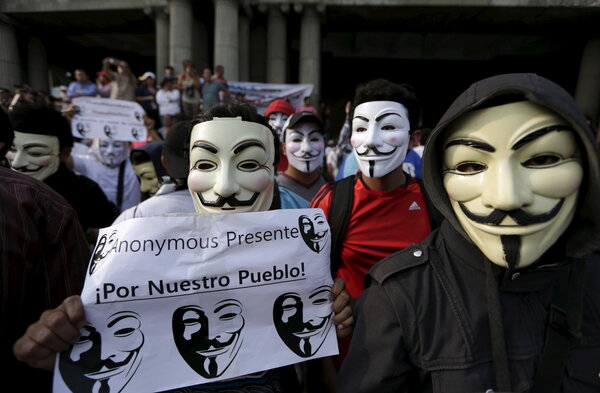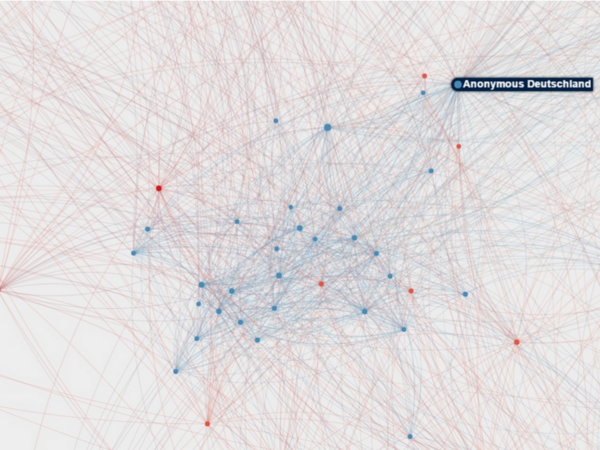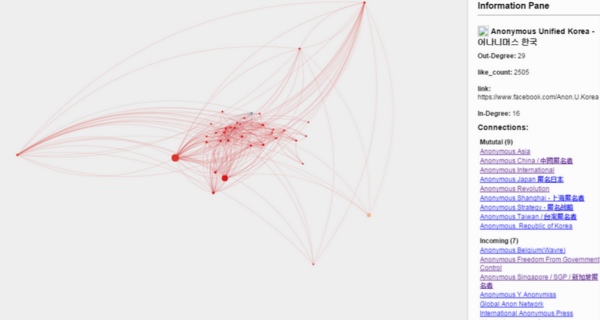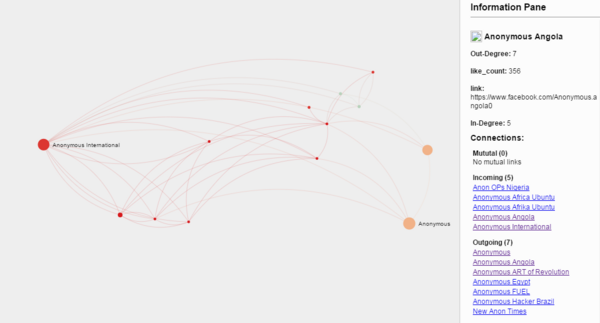It was just June of 2015 that the leader of al Qaeda in the Arabian Peninsula was killed in a drone strike in Yemen. The next top military leader of AQAP has now assumed control and called for attacks on the United States.
AQAP is one of the most dangerous branches of the jihadist network.
Prior to his current position, al-Rimi was the group’s military chief.
“Qasm al-Rimi was considered the brains of the operation,” CNN terrorism analyst Paul Cruickshank said when news of al-Wuhayshi’s death broke. “For more than a decade, he’s really been at the helm of the military side of things for AQAP but also planning their large international operations.”
The FBI investigated Abdullahi Yusuf and Abdi Nur in Minneapolis in 2011. In 2014, the criminal complaint was filed.
In April, Newsweek reported:
MINNEAPOLIS (Reuters) – U.S. authorities have charged six Somali-American young men from Minnesota with planning to join Islamic State and fight for the militant group in Syria, the U.S. attorney for Minnesota said on Monday.
The six, all U.S. citizens, were part of a larger group of friends and relatives that had been conspiring for the past 10 months, many trying multiple times to leave the country, U.S. prosecutors alleged.
They were arrested Sunday as part of a yearlong FBI investigation into young men from the area trying to travel to join Islamic State and there is no evidence they had plans to conduct an attack inside the United States, prosecutors said.
“They are not confused young men; they were not easily influenced,” Luger said. “These were focused men who were intent on joining a terrorist organization by any means possible.”
They received advice and encouragement from another group member, Abdi Nur, who has stayed in contact with them since he left the United States last year and joined the Islamic State in Syria, prosecutors said. Nur was charged in November. The full story is here.
This brings us to the work performed leading up to the Independence Day, 2015, the FBI has been aggressive and assertive in their efforts, led by Director James Comey. 200 known people from the United States have been proven to have traveled to jihad in the Middle East.
Comey’s testimony before the Senate Select Committee on Intelligence is here.
From Reuters:
WASHINGTON (Reuters) – U.S. authorities foiled attacks planned around the Fourth of July, arresting more than 10 people in the month before the holiday who were inspired by Islamic State online recruitment, FBI Director James Comey said on Thursday.
“I do believe our work disrupted efforts to kill people likely in connection with July 4th,” Comey told reporters at the headquarters of the Federal Bureau of Investigation. He did not detail the number of plots uncovered or their targets.
Separately, a national security source said multiple overseas plots by Islamic State sympathizers had also been halted in recent days.
The FBI and the U.S. Department of Homeland Security had warned local law enforcement to be on alert for attacks around the July 4 holiday celebrating the 1776 U.S. Declaration of Independence. No such attacks occurred.
Authorities’ concern heightened around the holiday as Islamic State leaders called for followers to do what they could wherever they could to carry out violence on behalf of the militant group.
Comey described the tactic as “crowd sourcing terrorism” and said the FBI had accepted the heightened state as the “new normal.”
Some of those arrested were communicating with Islamic State via encrypted data, a second U.S. security source said.
The FBI has pressured tech companies to remove encryption that gives users privacy protections that cannot be broken by law enforcement.
Comey estimated that dozens of people influenced by Islamic State have “gone dark” and disappeared from the FBI’s watch because of encrypted data.
The United States is engaged in a military campaign with allies in the Middle East to fight Islamic State militants who have taken over parts of Iraq and Syria and created cells in other countries racked by conflict in the region.








